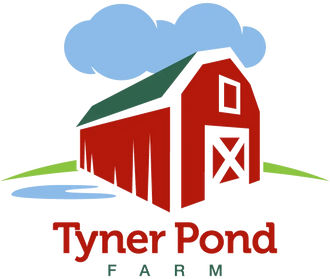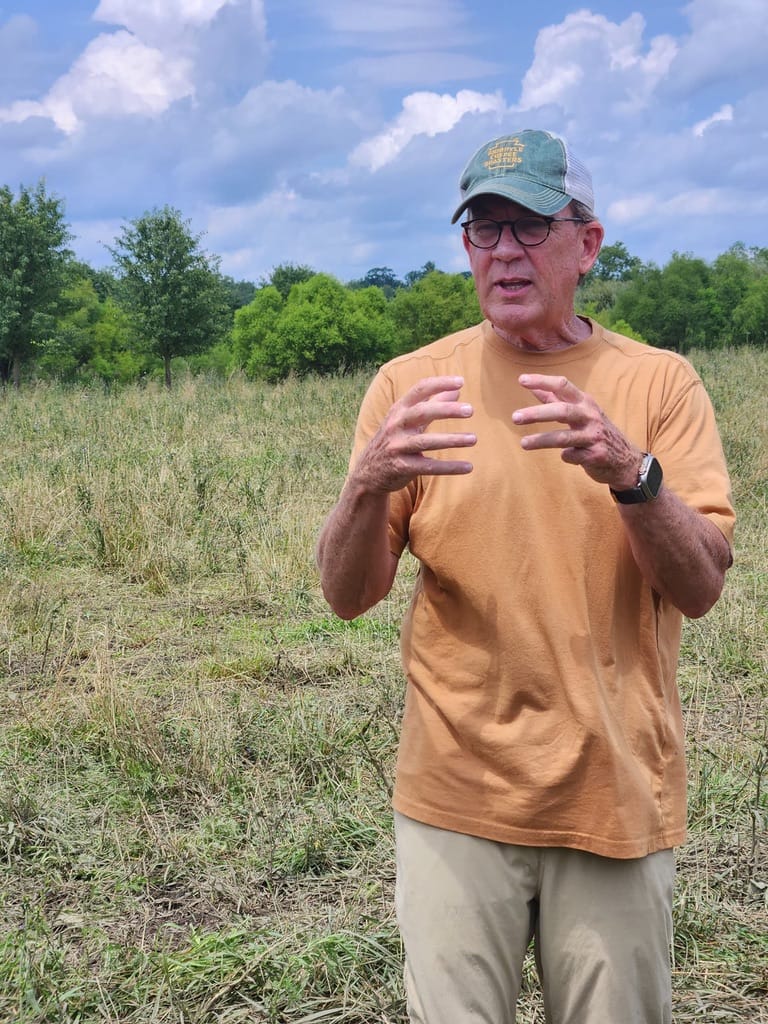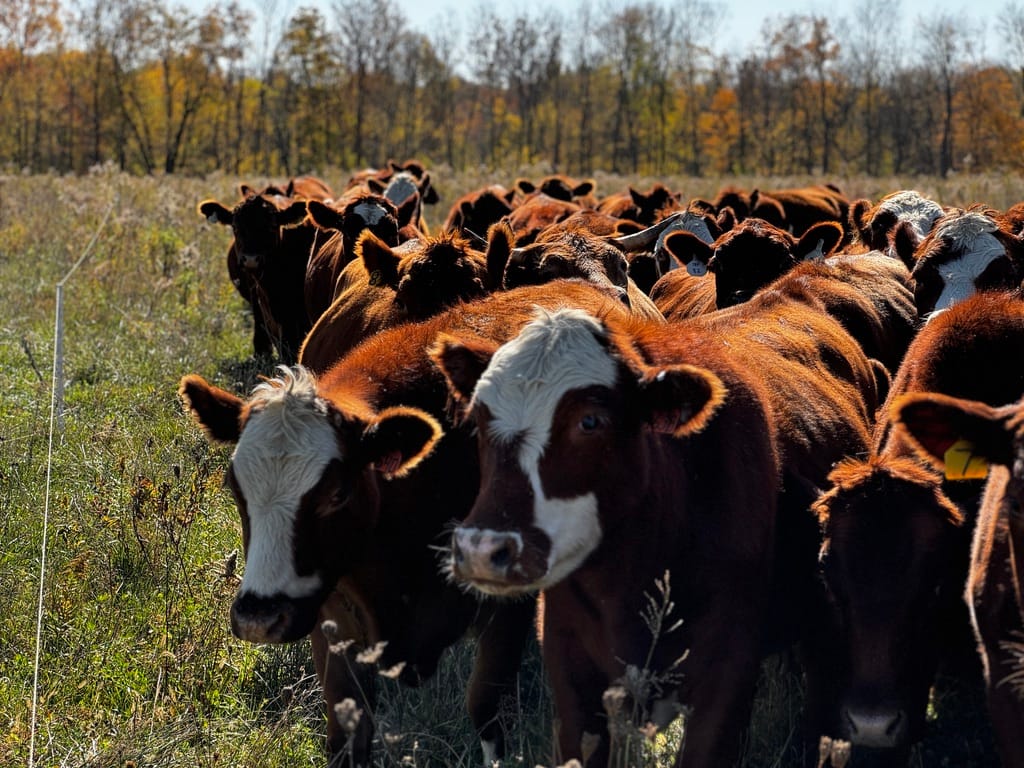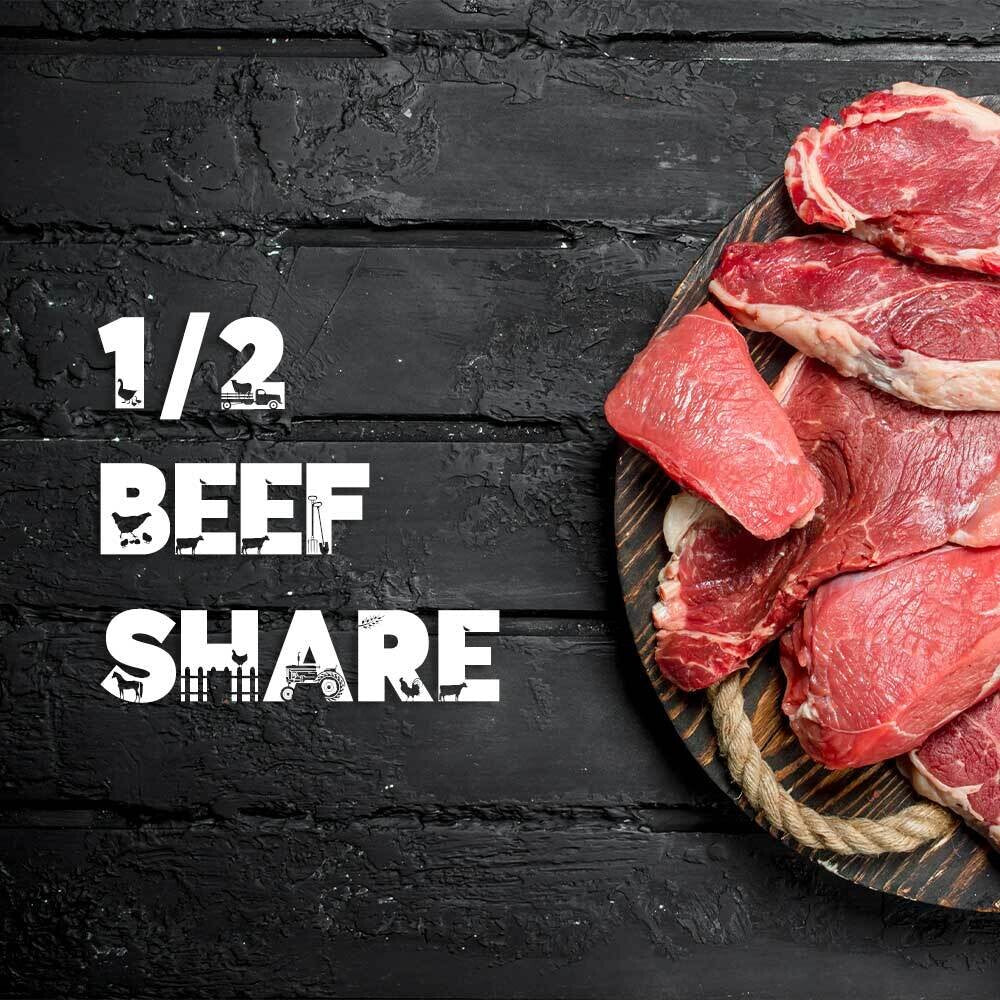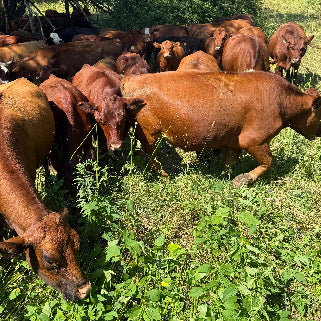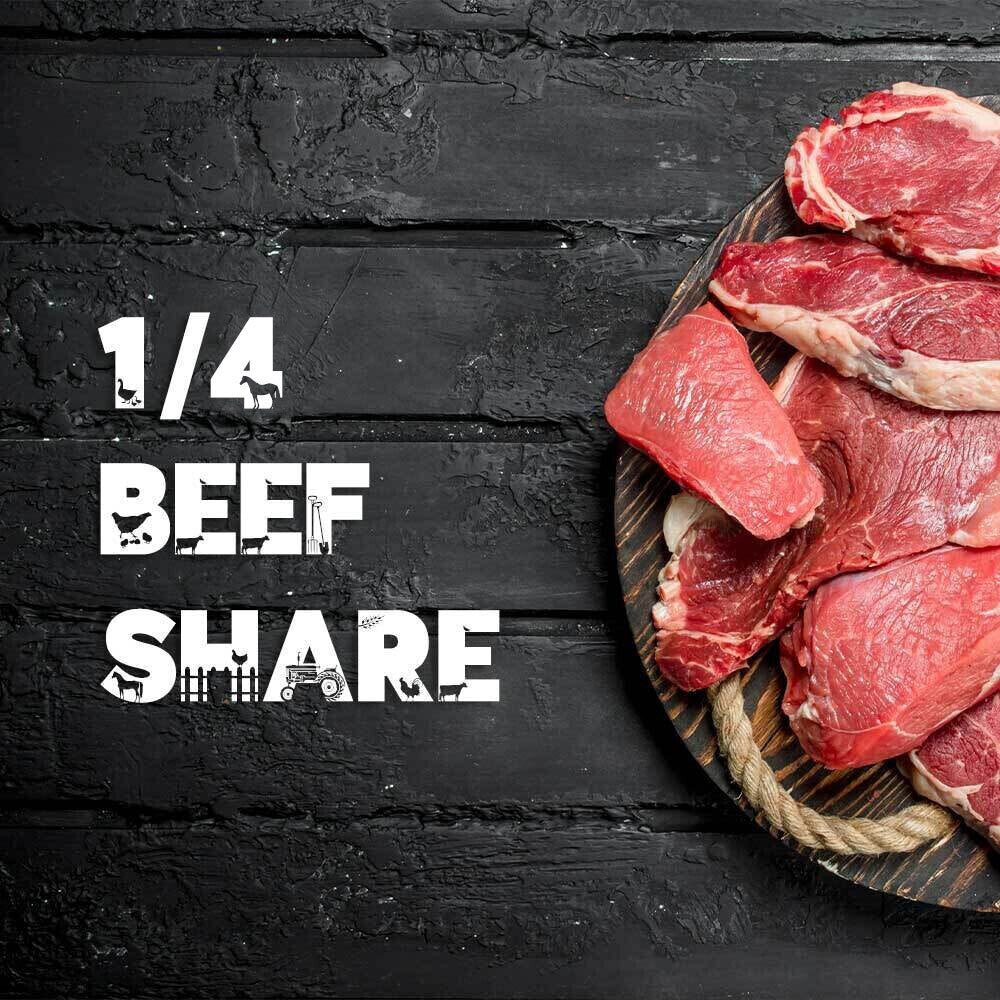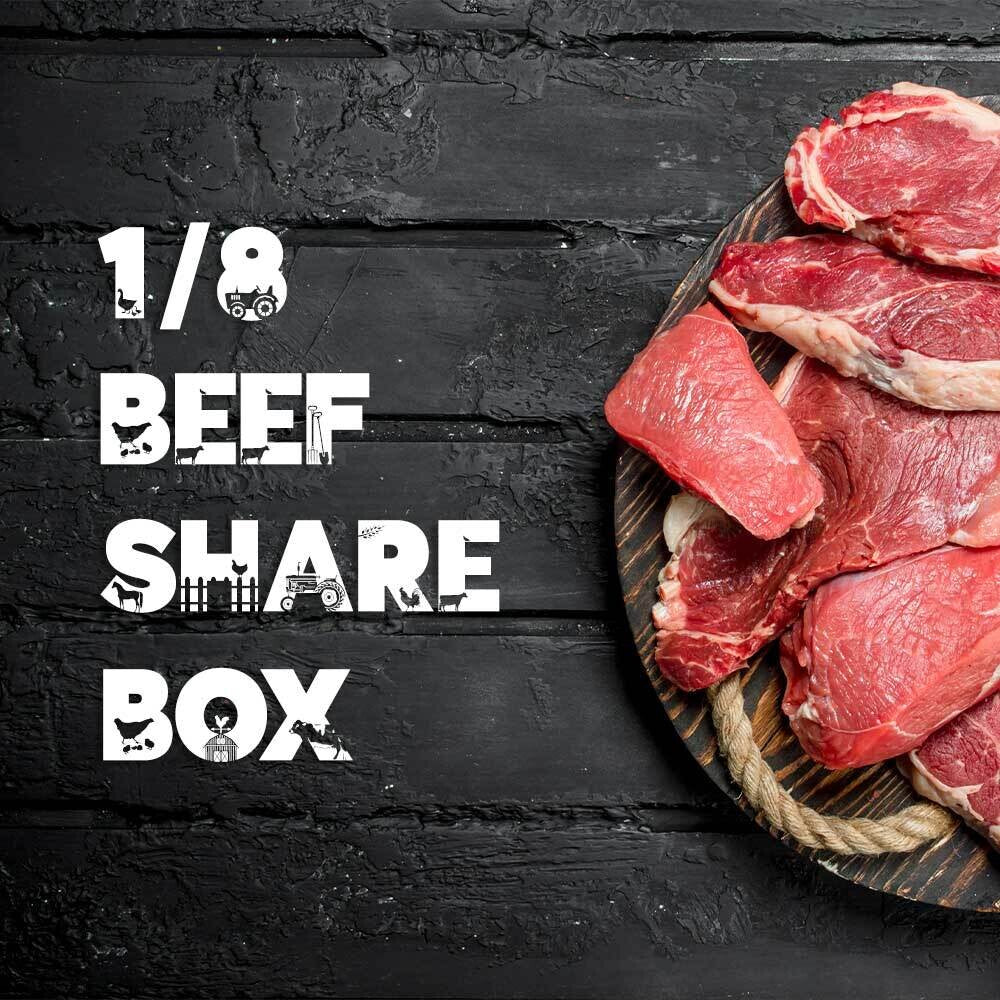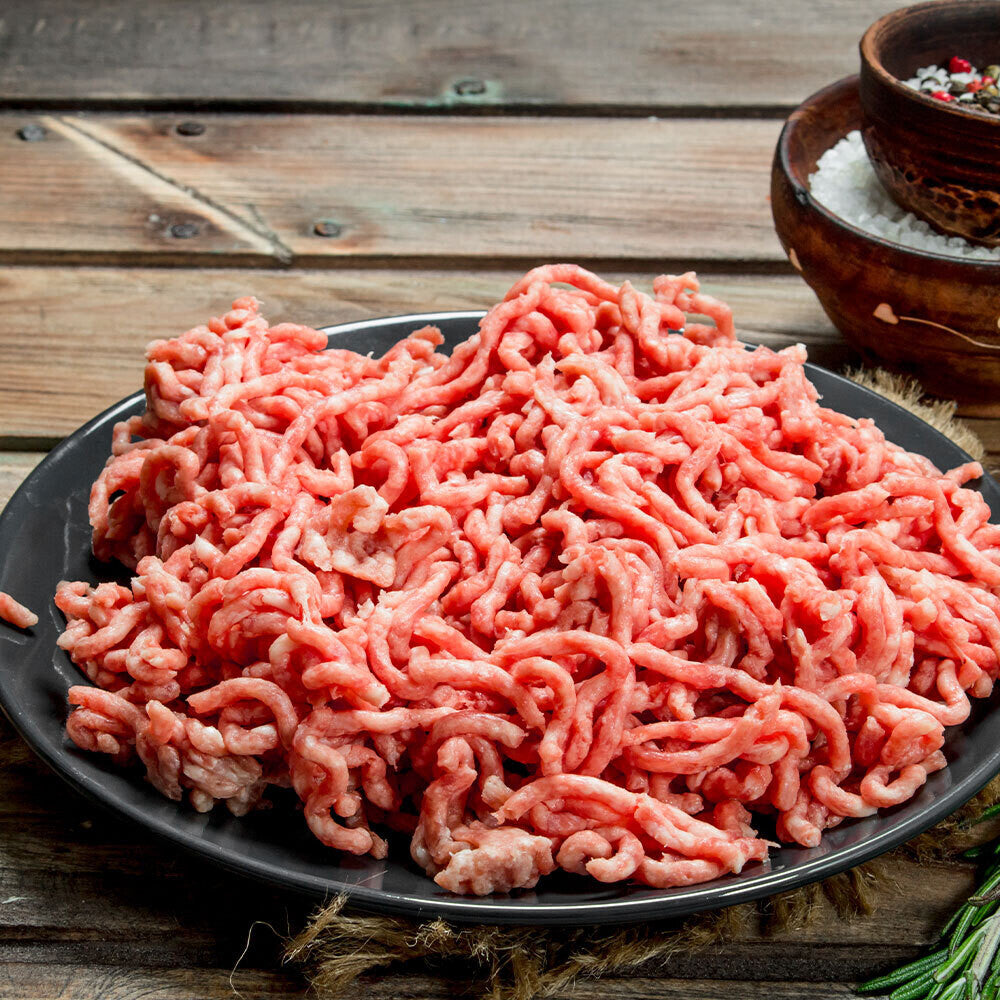
What is Holistic Cattle Management?
Understanding Holistic Management: Four Key Patterns for Grassland Health at Tyner Pond Farm
At Tyner Pond Farm, we are deeply committed to regenerative agriculture and sustainable farming practices. Our approach to farming is rooted in the principles of Holistic Management, a comprehensive framework developed by Allan Savory to restore and sustain healthy grassland ecosystems. Through his studies of land degradation, Savory identified four key patterns that maintain the dynamic equilibrium of grasslands: seasonal changes, animal impact, rest periods, and biodiversity. Understanding and implementing these insights is critical to our mission of promoting environmental stewardship and producing high-quality, sustainable food.Seasonal Changes
Grasslands, like those at Tyner Pond Farm, go through natural cycles of growth and dormancy. During the growing season, our pastures flourish, producing lush, green biomass that feeds our livestock. In contrast, during the dormant season, grasses conserve energy and resources, slowing their growth. Recognizing and aligning our farming practices with these natural cycles is essential for maintaining healthy pastures. At Tyner Pond Farm, we plan our grazing schedules to coincide with these seasonal changes. During the peak growing season, we rotate our herds more frequently to maximize the utilization of fresh, nutrient-rich grasses. This not only supports the health and growth of our livestock but also ensures that our pastures are not overgrazed. In the dormant season, we reduce grazing pressure, allowing the grasses to rest and recover, which helps maintain their vitality and resilience.Animal Impact
The movement and presence of grazing animals are crucial for grassland health. Historically, large herds of herbivores, such as bison or wildebeest, roamed across grasslands, grazing and trampling vegetation in a manner that prevented overgrazing and stimulated plant growth. At Tyner Pond Farm, we aim to mimic these natural patterns through our Managed Intensive Grazing (MIG) practices. By rotating our herds of cattle and chickens across different pastures, we ensure that no single area is grazed excessively. This controlled grazing approach not only promotes plant growth but also improves soil health through natural fertilization and soil disturbance. The trampling action of our animals helps to break up soil crusts, allowing better water infiltration and seed germination, which enhances the overall productivity of our pastures.Rest Periods
Rest periods are essential for grassland recovery. After being grazed, plants need time to regenerate before they are grazed again. This rest period allows grasses to restore their root systems and above-ground biomass, maintaining soil health and preventing erosion. At Tyner Pond Farm, we carefully plan our grazing rotations to balance grazing pressure with plant recovery needs. By providing adequate rest periods, we ensure that our pastures remain productive and resilient. This practice not only benefits the plants but also supports a healthy soil ecosystem, which is critical for long-term sustainability. Healthy soils retain moisture better, support a diverse range of microorganisms, and provide essential nutrients to the plants, creating a self-sustaining cycle of growth and recovery.Biodiversity
Healthy grasslands are characterized by a diverse array of plant and animal species. This biodiversity enhances ecosystem resilience, improves soil structure, and supports a wide range of ecological functions. At Tyner Pond Farm, we actively promote biodiversity through various practices. We rotate different species of livestock, such as cattle and chickens, across our pastures. Each species interacts with the land differently, contributing to a more dynamic and balanced ecosystem. For example, chickens help control insect populations and provide natural fertilization through their droppings, while cattle graze on different types of vegetation, promoting a diverse plant community. Additionally, we preserve native plants and avoid monocultures in our pastures. This approach ensures that our grasslands remain diverse and resilient, capable of withstanding environmental stressors and supporting a healthy ecosystem. Biodiversity is not only beneficial for the environment but also enhances the nutritional quality of the food we produce, providing our customers with healthier, more wholesome products.Summary of Holistic Management
At Tyner Pond Farm, our commitment to Holistic Management and regenerative agriculture is unwavering. By understanding and implementing the four key patterns identified by Allan Savory—seasonal changes, animal impact, rest periods, and biodiversity—we strive to maintain healthy, productive grasslands. These practices not only support the well-being of our livestock and the quality of our products but also contribute to the long-term health and sustainability of our environment. We believe that Conservation-minded farming is not just about producing food; it’s about nurturing the land and creating a legacy of stewardship for future generations. By working with nature, rather than against it, we can create a more sustainable and resilient agricultural system that benefits everyone. Thank you for supporting Tyner Pond Farm and joining us on this journey toward a more sustainable future.
Tags:
Previous post
Alan Savory's Insights on Rainfall: Effective vs. Ineffective
Next post
